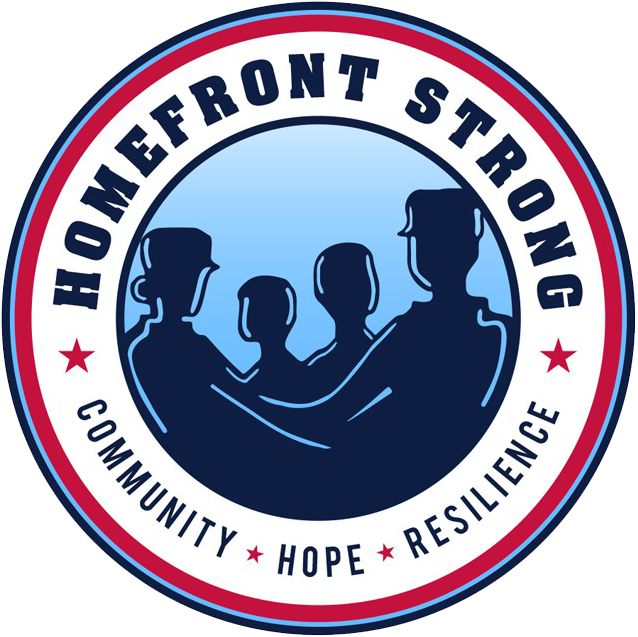Mary Heck
Mary Heck’s work is almost circular.
Anthony Riello:
Reacclimatizing can be difficult for a number of reasons, It’s hard to feel part of society, especially after being in a tightknit squad in the service.
As a licensed independent clinical social worker and a readjustment counselor for Readjustment Counseling Services at the Manchester (NH) Vet Center, Heck works with veterans, many of whom are dealing with moral injury.
Moral injury has only been on the treatment radar for the last decade or so, Heck says, and begins with “the things that we witness, the things that we do, the things that we aren’t able to do that go against our moral fabric.” It differs from post-traumatic stress in that moral injury is a “soul injury,” she says, complete with second-guessing, a lack of confidence, shame, guilt, resentment — and a huge loss of trust, including a loss of trust within a warrior.
Heck is one of the presenters at Almost Home, a Sept. 28 workshop at Open Spirit, 39 Edwards St., Framingham, from 9 a.m. to 3 p.m. Anthony Riello, of the Worcester Veterans Center, will join her. The workshop, presented by The Brookfield Institute’s Care for the Troops program, will focus on learning about moral injury and how to heal from it, as well as how to build a more resilient community. The workshop is designed for veterans, active duty military, advocates, clergy, emergency responders, service providers, teachers and family members of any of the above. The $10 fee covers lunch and materials; registration is limited so sign up today.
Post-traumatic stress can manifest as a loss of safety; moral injury is a loss a trust, says Heck.
“[Post-traumatic stress] is really a normalization of the nervous system to an abnormal situation. When you’re in combat it’s all about the perception of threat and your body normalizing to that level of awareness. So everything they do to stay alive in combat keeps them alive, but when they come home it can be off-putting to civilians because they may not understand the warrior experience,” Heck says. “When you come back to civilization, you’re still wired to be hyper-alert because everything can be seen as a threat. You don’t want to go out in a crowd because you can’t do a good threat assessment.”
This threat to safety can lead to isolation, she says, which is also common with people who have had a moral injury. “There can be a significant amount of shame, guilt, resentment … those are the emotions of moral injury,” Heck says, and “shame is very hard to talk about. That also creates isolation.”
So Heck works to build communities — communities of veterans, communities of caregivers, communities of supporters. Talking to other service members really helps, she says. Hearing someone else say, “Yeah man, me too” or “I feel the same way” contributes to normalization, which builds to community and may lead to regaining a sense of meaning and, ultimately, some form of happiness.
She’s also a big proponent of service. “As a community, we need to find a way to motivate veterans to venture from their homes and get them acting in service together.” She often recommends a kind of atoning service, like working with children or helping immigrants or refugees. “We want them to take action instead of being stuck in their moral injury,” she says. And that action or service often leads to a veteran finding a mission, a purpose, which is what their military service was all about.
“The way to happiness is finding your meaning. Happiness in itself is an ever-moving target,” she says, so she works to help veterans find a purpose, get on a mission. In the process of that, they connect to others and feel more normalized.
If you know of a veteran who could use support, please have them contact the National Vet Center Call Center at 1-877-WAR-VETS to find a location nearest to them. Vet centers offer individual, group and marital readjustment counseling for combat vets, counseling for military sexual trauma and counseling for bereavement.
Attendance is limited at the Sept. 28 workshop. The $10 fee covers lunch and materials.


